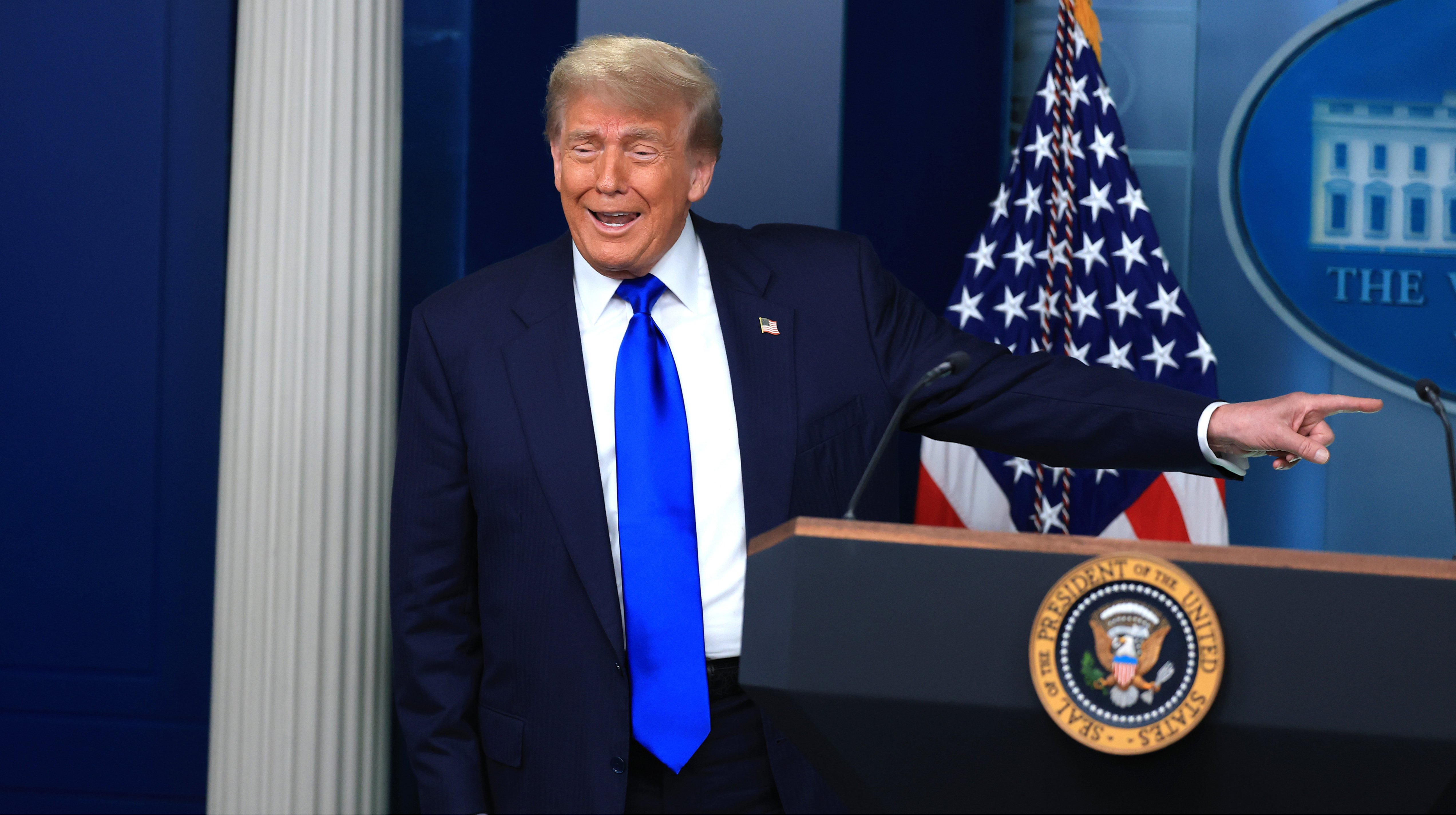“

Yevgeny Demkivsky Author of news Mezha.media and GIK. I write about technologies, cinema and games. Perhaps about games with a little more passion.
“We will introduce very high duties on chips and semiconductors, but the good news for companies as Apple – if you build in the US or have committed to build in the United States no doubt, there will be no payment,” Trump said.
The President stressed that even an obligation to invest in US production can be sufficient to avoid duties.
“If you are building in the US, there is no payment, even if you are just building, not producing. If you have an obligation to build or be in the construction process, like many, duties will not be,” he explained.
It is difficult to determine which companies will be affected by new duties, as most major chip manufacturers already have at least minimal production obligations in the US. Taiwanese TSMC, which produces the vast majority of advanced chips, has previously criticized Trump, announced in March investments of $ 100 billion in US production.
Trump may be threatened with duties of manufacturers of products that are used by chip, not the manufacturers of semiconductors. Apple, in particular, is not a manufacturer of chips in the truest sense – the company develops its own processors, but rests on TSMC for their manufacture.
There is also a probability that Trump will not impose this specific duty at all. Earlier, after the announcements of duties on Chip in January and February, the administration did not introduce them in April. Trump did not indicate when new duties could come into force.
In July, AMD CEO Lisa Su reported that TSMC chips of US production will cost companies 5-20% more expensive than manufactured abroad. This demonstrates the real costs of moving semiconductors to the United States.
”, – WRITE: mezha.media

Yevgeny Demkivsky Author of news Mezha.media and GIK. I write about technologies, cinema and games. Perhaps about games with a little more passion.
“We will introduce very high duties on chips and semiconductors, but the good news for companies as Apple – if you build in the US or have committed to build in the United States no doubt, there will be no payment,” Trump said.
The President stressed that even an obligation to invest in US production can be sufficient to avoid duties.
“If you are building in the US, there is no payment, even if you are just building, not producing. If you have an obligation to build or be in the construction process, like many, duties will not be,” he explained.
It is difficult to determine which companies will be affected by new duties, as most major chip manufacturers already have at least minimal production obligations in the US. Taiwanese TSMC, which produces the vast majority of advanced chips, has previously criticized Trump, announced in March investments of $ 100 billion in US production.
Trump may be threatened with duties of manufacturers of products that are used by chip, not the manufacturers of semiconductors. Apple, in particular, is not a manufacturer of chips in the truest sense – the company develops its own processors, but rests on TSMC for their manufacture.
There is also a probability that Trump will not impose this specific duty at all. Earlier, after the announcements of duties on Chip in January and February, the administration did not introduce them in April. Trump did not indicate when new duties could come into force.
In July, AMD CEO Lisa Su reported that TSMC chips of US production will cost companies 5-20% more expensive than manufactured abroad. This demonstrates the real costs of moving semiconductors to the United States.
